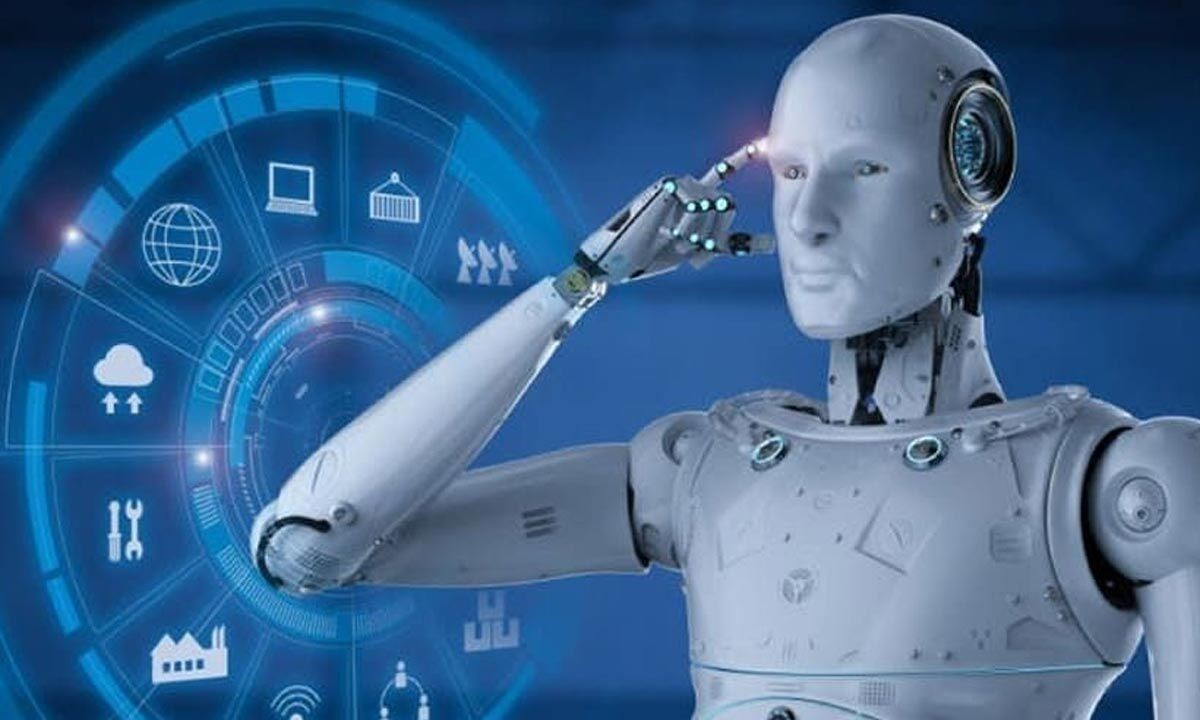Introduction:
Artificial Intelligence (AI) has emerged as a transformative force that is reshaping the way we live, work, and interact with the world. From self-driving cars to voice-activated virtual assistants, AI is permeating various aspects of our daily lives, promising unprecedented advancements and challenges. This article explores the multifaceted world of artificial intelligence, delving into its history, current applications, and potential future impact.
A Brief History of Artificial Intelligence:
The roots of AI can be traced back to ancient times when the idea of creating machines that mimic human intelligence was first conceived. However, it wasn’t until the mid-20th century that AI as a formal field of study took shape. Pioneering researchers such as Alan Turing and John McCarthy laid the groundwork for AI by introducing concepts like machine learning and problem-solving algorithms.
Over the decades, AI has undergone several waves of development, marked by periods of progress and setbacks. Early AI systems focused on rule-based approaches, while later breakthroughs in machine learning and neural networks paved the way for more sophisticated applications. Today, AI encompasses a wide range of technologies, including natural language processing, computer vision, and robotics.
Current Applications of Artificial Intelligence:
AI’s influence can be witnessed across various industries, offering innovative solutions to complex problems. In healthcare, AI is aiding in disease diagnosis and treatment planning through advanced imaging analysis. In finance, predictive algorithms are being employed for risk assessment and fraud detection. In the realm of e-commerce, recommendation systems leverage AI to personalize user experiences and enhance customer satisfaction.
Furthermore, AI is making significant strides in autonomous systems, such as self-driving cars and drones. Virtual assistants like Siri and Alexa showcase the power of natural language processing, enabling seamless human-computer interactions. The gaming industry, too, has embraced AI for creating intelligent, adaptable opponents that challenge players in dynamic ways.
Challenges and Ethical Considerations:
While the potential benefits of AI are vast, the technology also presents unique challenges and ethical considerations. Job displacement due to automation, bias in AI algorithms, and concerns about data privacy are among the key issues that demand careful consideration. Striking a balance between innovation and ethical responsibility is crucial to ensure that AI technologies benefit society as a whole.
The Future of Artificial Intelligence:
Looking ahead, the future of AI promises even greater advancements. As research in quantum computing progresses, AI systems may achieve unprecedented computational power, unlocking new possibilities in complex problem-solving. The integration of AI with other emerging technologies, such as the Internet of Things (IoT) and blockchain, is expected to create synergies that drive innovation across industries.
However, as AI continues to evolve, it is essential to address ethical concerns, establish robust regulatory frameworks, and foster collaboration between academia, industry, and policymakers. Open dialogue and transparency will be crucial to navigating the challenges and ensuring that AI is developed and deployed responsibly.
Conclusion:
Artificial Intelligence has come a long way since its inception, evolving from a theoretical concept to a pervasive force shaping the modern world. Its impact on industries, society, and daily life is undeniable, and the journey of AI is far from over. As we navigate this transformative era, it is imperative to approach the development and deployment of AI with a sense of responsibility, ensuring that its benefits are harnessed for the greater good while mitigating potential risks.

